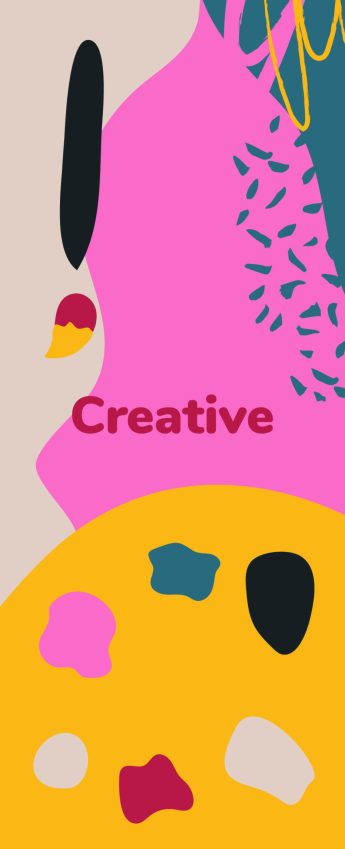‘What does success look like?’

As featured in Insider Magazine
by Zane Radcliffe, Creative Director at AgencyUK, on the pursuit of commercial creativity.
When agencies sit down with our clients to write a creative brief, there is a critical question that should be asked at the outset. And I don’t mean ‘Who are we talking to?’ or ‘What is the single-minded proposition?’.
The one question that should be on every client brief is: ‘What does success look like?’
The answer to this could be as cut and dried as: ‘Increase sales by 5%’. It could equally be: ‘See my brand stocked in Waitrose’, ‘Become the most talked about sandwich loaf on Mumsnet,’ or ‘Make petrol-driven propulsion obsolete.’
The point being that ‘commercial’ success can take many forms. It follows, then, that ‘commercial creativity’ can take many forms too. In a sense, the only thing that should matter is that your campaigns matter.
Coca-Cola’s Wendy Clark recently argued that, in a socially connected world where more than five billion pieces of content are shared daily on Facebook alone, creativity is the key to distinguishing content as commercially effective:
‘Driving business results in terms of volume, revenue and profit growth are all critical to us, but it’s not where the story ends. It’s absolutely essential that we use creativity to fuel differentiation, engagement and (therefore) effectiveness in our work.’
Why is it, then, that ‘creativity’ and ‘effectiveness’ are so often regarded as mutually exclusive? I once had a client reject a campaign idea because he thought it would win me awards at the expense of winning him new customers. In other words, he thought the creative was strong and distinctive enough to be lauded by an awards jury (above all other competitors that year), yet somehow would fail to cut-through with consumers. Clearly he hadn’t read the IPA’s 2013 report that stated: ‘Creatively awarded campaigns are 11 times more effective than non-awarded campaigns.’
We work in a creative industry, yet there is still much suspicion around the word ‘creativity’. Creativity is a vain pursuit, a dark art conjured from gut, intuition and soft, immeasurable metrics, or so some believe. Commerciality, on the other hand, concerns itself with hard data and verifiable facts.
The truth, which I have experienced first-hand, is that the two are inextricable. As an advertising copywriter who founded a successful agency in Scotland, I had to wear two hats – those of ‘creative’ and ‘businessman’. For me to succeed, my commercial goals had to reconcile with my creative ambitions. And it became quickly evident that one fuels the other. I needed my work to ‘work’ for my clients and their brands, or my own agency brand would suffer. David Ogilvy, another copywriter with his name above the door, put it succinctly: ‘we sell or else.’
Clients and agencies should remember that we both want the same thing. You will not give your agency a brief unless you want to effect a change (‘Make petrol-driven propulsion obsolete’). Creativity is the tool your agency will use to precipitate that change and generate new thinking, new behaviours, new audiences and new experiences.
I’d call that a ‘success’.


